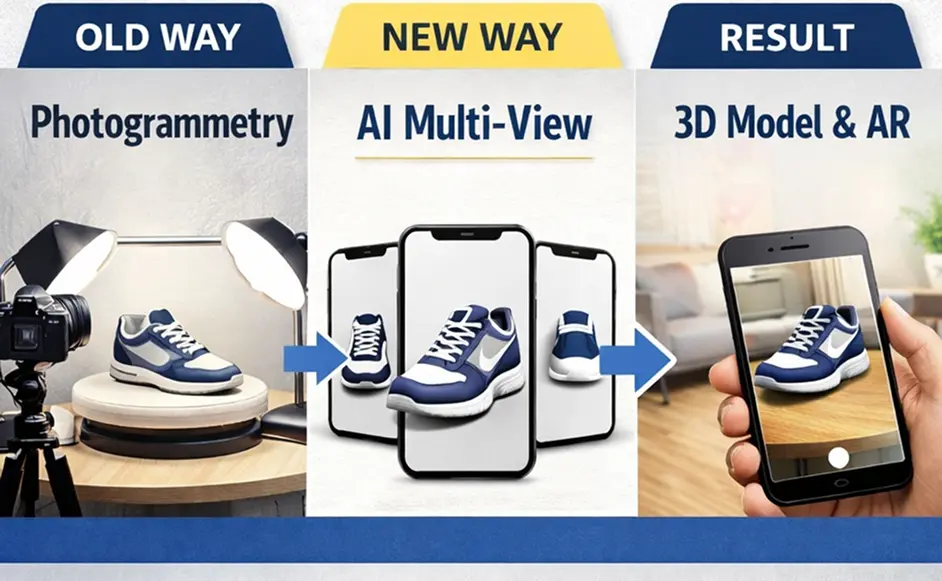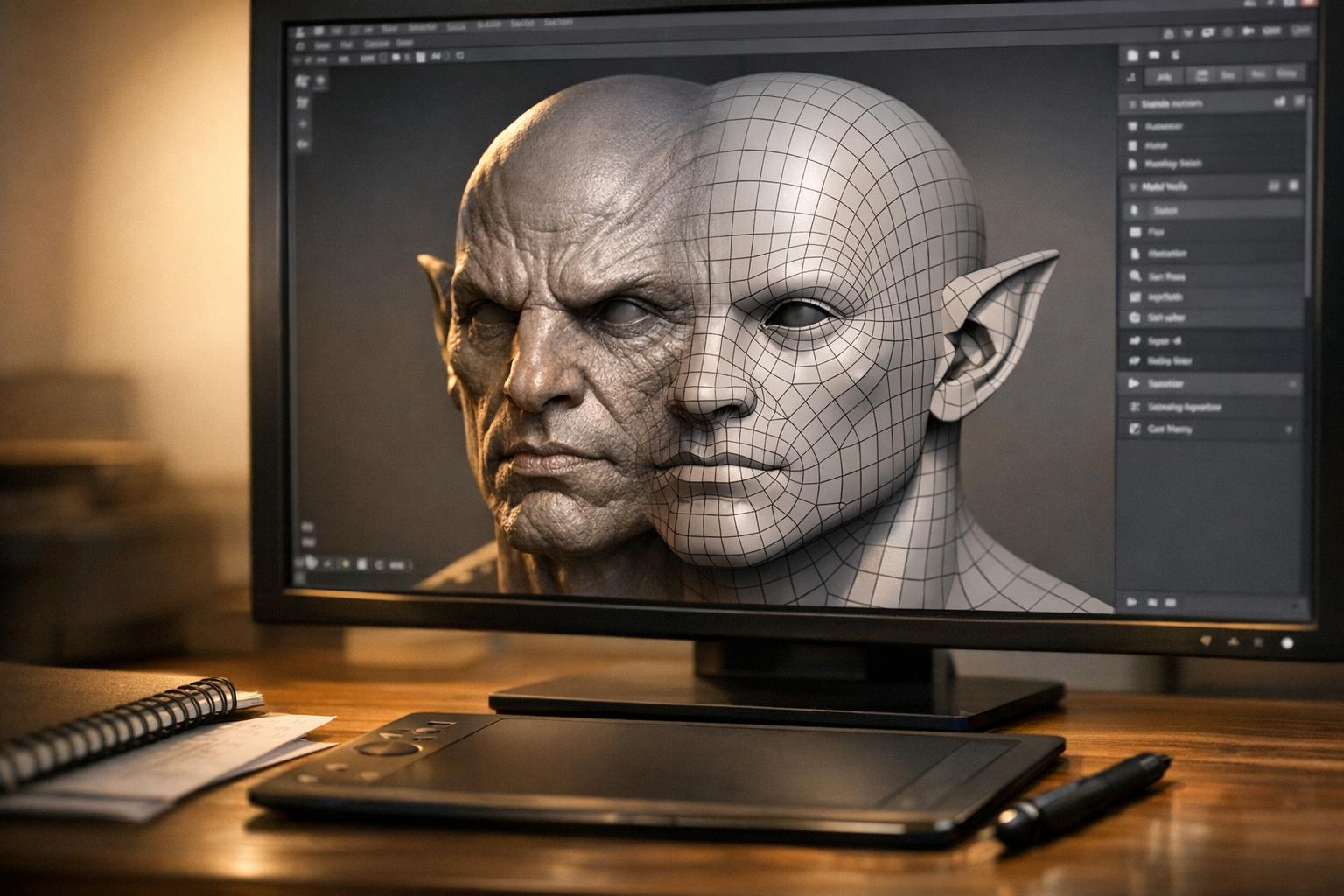So, you've designed a video game that you believe has great potential. The next logical step is to find a publisher, right? Well, it's not as easy as just sending an email, but this guide is here to help you navigate the complex journey.
Why do you need a Publisher for your game?
While you definitely could self-publish, there are a few reasons why you would choose to go for a professional publisher:
Financial Support
Game development is expensive. A publisher can help you with an initial investment. This can be a lifesaver, especially for small developers who may be cash-strapped.
Marketing Muscle
Your game needs exposure, and publishers often have a marketing team to get the word out. With a strong marketing strategy, your game stands a better chance at being successful.
Distribution Channels
Having a publisher means you get access to their distribution networks. This could be digital storefronts or physical retail stores. Either way, it helps get your game into players' hands.
Expertise and Industry Connections
Publishers have been around the block. They know the industry inside and out and usually have important connections that could be beneficial for your game's success.
How to find the right publisher for your game?
If you decided to go with a publisher, the first step is to figure out what matters to you and what you look for in a publisher.
Identifying the Right Publisher
Not all publishers are created equal. Some specialize in certain genres or platforms. It's essential to find a publisher that aligns with your game's needs.
Market Research
Before contacting a publisher, understand the market landscape. Know your competitors, identify your target audience, and be aware of market trends that could affect your game.
Investigating Past Partnerships
Look for reviews or testimonials from developers who have worked with the publisher. This provides insights into how they operate and what you can expect.
How to prepare for pitching a game publisher
Creating a Prototype
Before approaching a publisher, it's a good idea to have a prototype ready. It should demonstrate your game's unique features and give a taste of the gameplay.
Designing a Pitch Deck
This document should be comprehensive, covering everything from game mechanics to market analysis. A well-prepared pitch deck makes a strong first impression.
Polishing the Game for Showcasing
You don't need a fully finished game, but it should be polished enough to impress. Make sure there are no game-breaking bugs or glaring issues.
How should you approach a game publisher?
Crafting the Initial Email
The first contact should be brief but impactful. Mention what makes your game unique and why you think it would be a good fit for their portfolio.
Following Up
If you don't receive a response within a reasonable time, a polite follow-up email is appropriate. Persistence can often pay off, but know when to move on.
What do game publishers look for?
A Unique Selling Proposition
Publishers are always on the lookout for something that sets your game apart from the rest. Whether it's a groundbreaking mechanic, an original story, or stunning graphics, having a unique selling proposition can grab a publisher's attention.
Existing traction
While originality is crucial, publishers also want a game that sells. It should appeal to a specific target audience and fit well within market trends. Try to showcase that people already love your game from playtesting etc. through Day 1, Day 7, and Day 30 retention, and other metrics like ARPU (Average Revenue Per User) and CAC (Customer Acquisition Cost).
A Competent Team
Publishers take into account the skill and experience of your development team. A group that can not only create but also see the project through to completion is highly appealing to publishers. Showcase what you have accomplished already!
Game publisher pitching
Presentation Tips
Confidence and preparation are key. Know your material well and be ready to handle any questions that come your way.
Addressing Questions
You will be quizzed on various aspects of your game and business plan. Prepare answers in advance for commonly asked questions to avoid being caught off guard.
How to choose the right game publisher
Understanding the Contract
Contracts can be complex. It's wise to consult with legal professionals to understand all the terms and conditions before signing anything.
Financial Considerations
Evaluate the financial terms carefully. Consider the royalty rates, upfront payments, and any hidden costs that may be involved.
Termination Clauses
Knowing the conditions under which the partnership can be terminated is crucial. Always be aware of your exit strategy.
How to succeed with your new game publisher
Communication Strategies
Maintain regular communication with your publisher. Transparent and open dialogue can solve many problems before they become critical issues.
Handling Disagreements
Conflicts are bound to happen. Approach them with an open mind and willingness to compromise.
Final Thoughts
Getting a publisher for your video game is a significant milestone. It takes research, preparation, and a bit of luck. But with the right strategies, your game could very well be the next big hit.
FAQ
- Is having a publisher essential?
- No, but it often comes with several advantages.
- How do I identify a good publisher?
- Research is key; look into their past work and reputation.
- What should be included in my pitch deck?
- Include game mechanics, market analysis, and financial projections.
- What happens after getting a publisher?
- It's time for development, marketing, and eventually, launch.
- Can I get out of a publishing contract?
- Yes, but understand your contract's termination clauses beforehand.
- Will a publisher do all the marketing for me?
- No. While a publisher can help with marketing, you still need to do e.g. community management or other marketing efforts.





